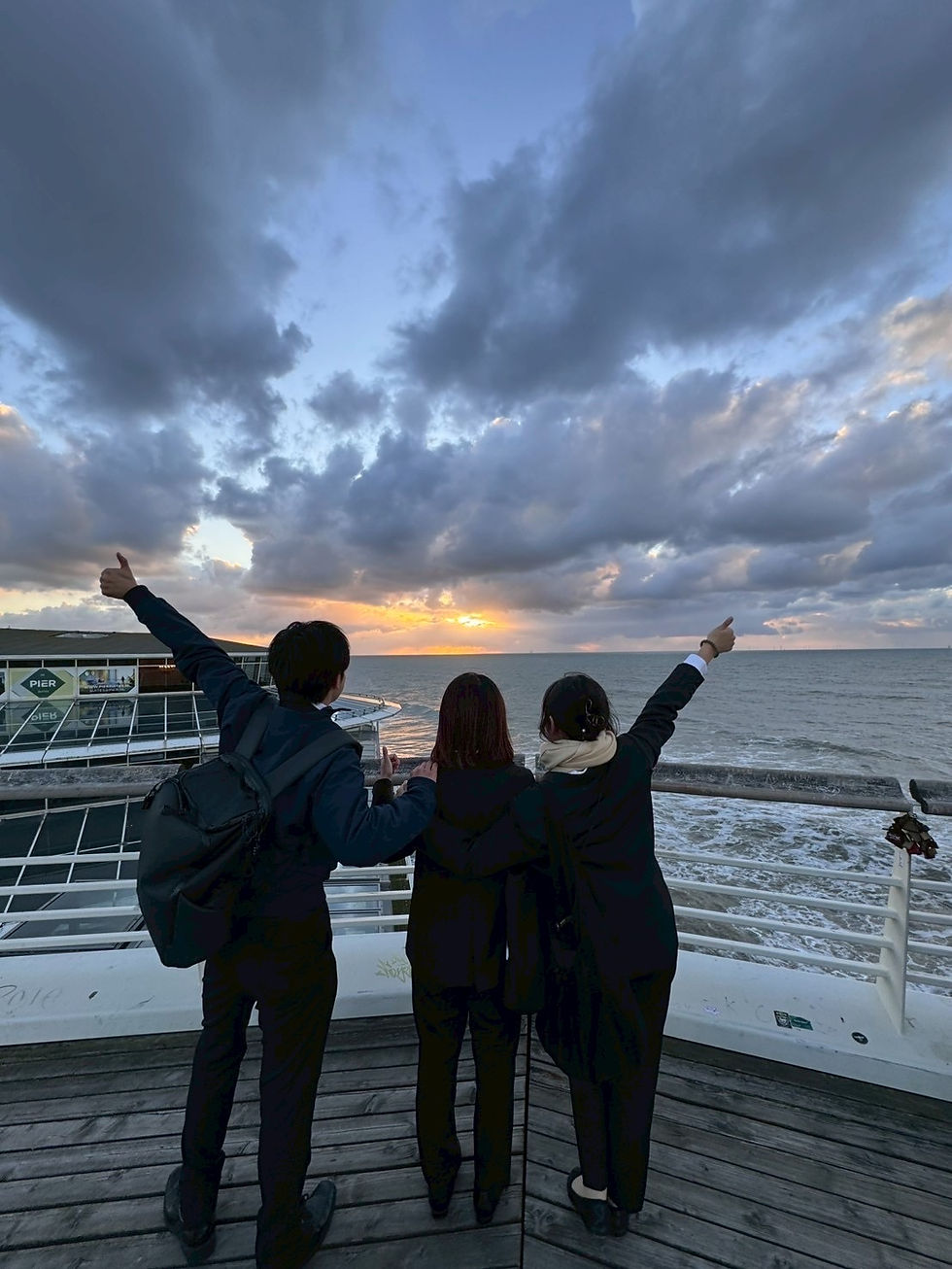Participation in the International Humanitarian Law Role Play Competition
- Administrator
- 2024年1月22日
- 読了時間: 2分
B3 Miyu NISHIMURA
I participated in the International Humanitarian Law Role Play Competition organized by the International Committee of Red Cross (ICRC) at the University of Tokyo on December 9. In this essay, I will explain the ICRC and the International Humanitarian Law Role Play Competition and how I prepared for the competition. The ICRC is an international humanitarian organization that provides humanitarian assistance to people affected by armed conflicts. Participants compete on their knowledge of international humanitarian law (IHL) according to a fictional armed conflict situation provided before the competition.
In order to participate in the competition, I started studying IHL in July 2023 with other members of the Fujii seminar. The IHL is applicable in armed conflicts and the law protects people who do not directly participate in hostilities in armed conflicts. In the last competition, we were provided a situation in which two nations contested over an island to obtain benefits of undersea resources on the high seas. Therefore, we studied international humanitarian law and the law of the sea, the knowledge of territorial sovereignty, and so on. In addition, The role each university would play was not announced until the day of the competition, so We practiced using anticipated questions we created based on the provided situation. We also acquired knowledge about the prosecution of heads of state, environmental damage related to oil spilling into the sea, and the extradition of prisoners of war. Seniors who had participated in the competition advised us on what questions the examiners would ask and what to look for when answering them. For example, the mission visits POWs and refugee camps as ICRC staff. This mission consists mainly of 3 points. The first point is to explain about the ICRC. The second point is to confirm whether people are treated humanely in the facilities. The third point is to suggest what kind of assistance the ICRC can provide. In particular, a deep understanding of the ICRC's seven principles, such as Independence, Impartiality, and Neutrality, was crucial. We practiced three times a week. Since the competition was conducted in English, I had to improve my English to discuss with my colleagues whose English was better than mine.
On the day of the competition, I was relieved that the issues were partly similar to what I had studied. I was so nervous that I could not speak English as well as I practiced, and I realized I lacked knowledge about the legal basis necessary for negotiations. Although I could not win the prize, I am grateful to Professor Fujii for his guidance and to other members of the Fujii Seminar. I would like to continue studies related to international humanitarian law and rechallenge the competition next year to win the competition!!





コメント